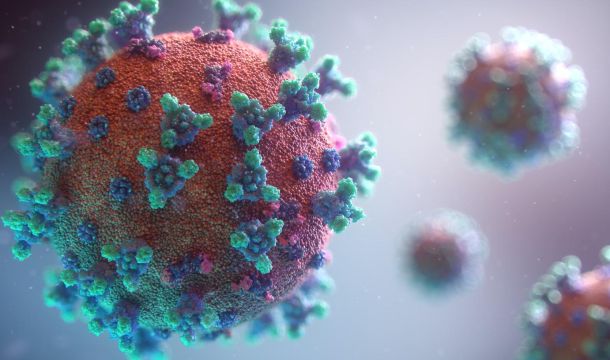Home Alone: Current CDC Guidance on At-Home Isolation for Persons Infected with COVID-19
Many states continue to see rising numbers of persons with positive COVID-19 tests, which means that workplaces in those states are dealing with employees who are infected with COVID-19. The CDC recommends that employees who test positive for COVID-19 (using a viral test, not an antibody test) should be excluded from work and remain in isolation if they do not need to be hospitalized. But for how long?
Recently, the CDC has updated the recommendations for discontinuing home isolation as follows:
Persons with COVID-19 who have symptoms and were directed to care for themselves at home may discontinue isolation under the following conditions:
- At least 10 days have passed since symptom onset and
- At least 24 hours have passed since the resolution of fever without the use of fever-reducing medications and
- Other symptoms have improved.
[However, for patients with severe illness, duration of isolation for up to 20 days after symptom onset may be warranted. Consider consultation with infection control experts.]
Persons infected with SARS-CoV-2 who never develop COVID-19 symptoms may discontinue isolation and other precautions 10 days after the date of their first positive RT-PCR test for SARS-CoV-2 RNA.
Be aware that the recommended isolation time for employees who have been exposed to COVID-19 is longer than that for those infected with COVID-19. CDC recommends 14 days of quarantine after exposure based on the time it takes to develop the illness if infected. Thus, it is possible that a person known to be infected could leave isolation earlier than a person who is quarantined because of the possibility they are infected.
Wash your hands, wear your mask, and be safe out there!

Kathleen J. Jennings is a former principal in the Atlanta office of Wimberly, Lawson, Steckel, Schneider, & Stine, P.C. She defends employers in employment matters, such as sexual harassment, discrimination, Wage and Hour, OSHA, restrictive covenants, and other employment litigation and provides training and counseling to employers in employment matters.
Related Content
Get Email Updates
Recent Content

Department of Homeland Security (DHS) is Terminating Family Reunification Parole (FRP) Processes

DHS is Terminating Temporary Protected Status for Ethiopia

Issues Regarding Employee Access to Their Personnel Files

Issues of Employer Access to Employees’ Personal Devices Such as Cell Phones, Etc

Settlement Agreement Wording Can Determine Tax Treatment



